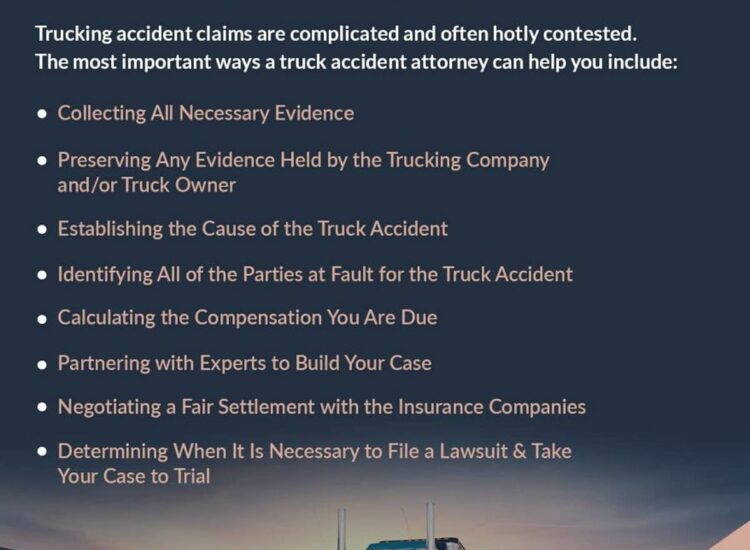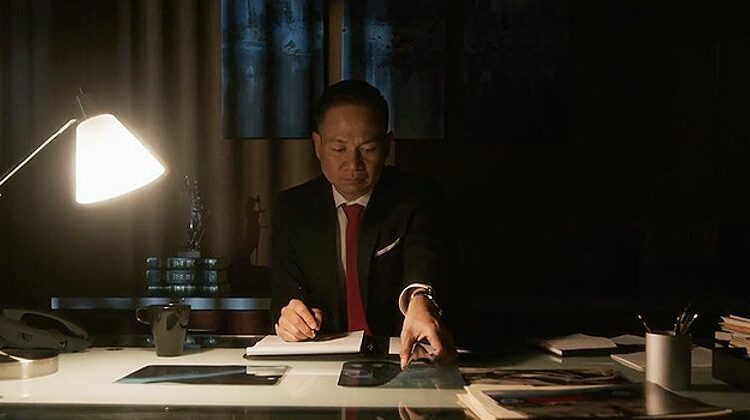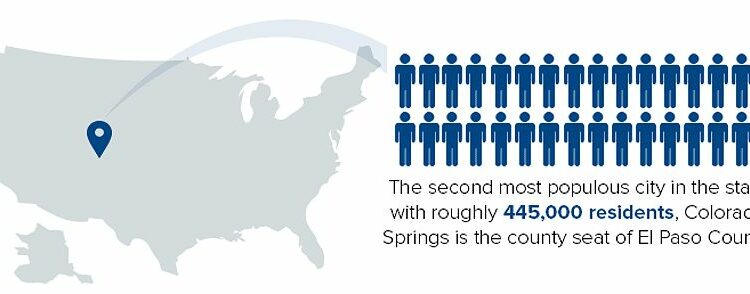Divorce in California often leads to contentious child custody battles. Finding the best custody attorney is crucial for navigating the complex legal system and protecting your parental rights. The process involves understanding legal and physical custody, mediation, and potential litigation. High stakes and emotional distress often accompany these cases, making it essential to have competent legal representation.
Toc
- 1. Understanding California Child Custody Laws
- 2. Related articles 01:
- 3. Navigating the Mediation Process in Child Custody Cases
- 4. Finding the Right Child Custody Attorney in Los Angeles
- 5. Related articles 02:
- 6. Current Trends in Child Custody Cases
- 7. Developing an Effective Parenting Plan
- 8. Protecting Your Parental Rights During a Custody Dispute
- 9. Conclusion
Understanding California Child Custody Laws
The Best Interests of the Child
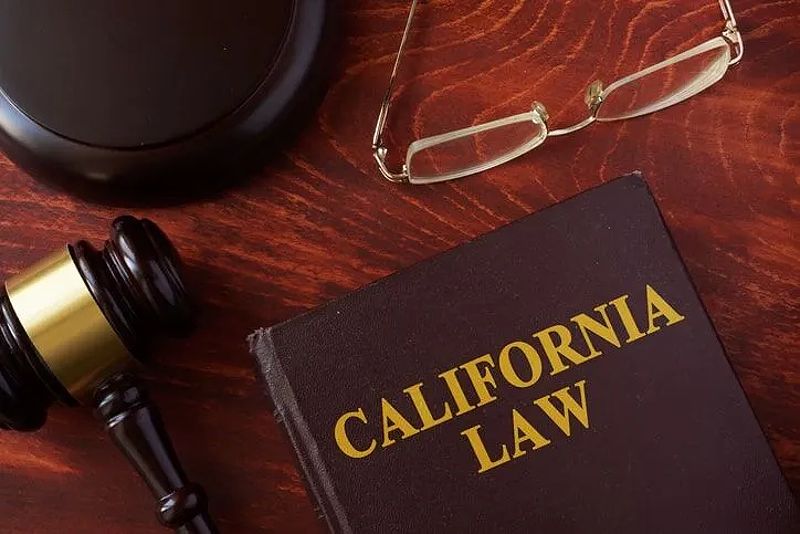
When it comes to child custody in California, the courts wield a powerful motto: “What’s in the best interests of the child?” This principle isn’t just a catchy phrase; it’s the cornerstone of custody decisions. Factors that influence these decisions include the child’s age, health, safety, and emotional ties with each parent. If one parent has a stable home life while the other has a penchant for drama, the courts will likely favor the more stable environment.
In addition to these factors, California courts also consider a parent’s history of substance abuse, any allegations of domestic violence, and mental health issues. For example, if one parent has a documented history of substance abuse or has faced restraining orders due to violence, the court may view that as a risk to the child’s well-being. Moreover, the child’s existing relationships, school performance, and overall adjustment to their living situation can significantly impact custody decisions. These nuanced considerations underscore the importance of having an informed and skilled attorney advocating for your rights.
Types of Custody
California divides custody into two main categories: legal custody and physical custody.
Legal Custody

Legal custody pertains to who has the authority to make significant decisions regarding the child’s life, including education, healthcare, and religious upbringing.
Joint Legal Custody: Both parents share decision-making power, akin to a tag team match, where cooperation is essential. However, this arrangement can sometimes lead to conflicts and deadlocks, particularly if parents disagree on critical issues regarding their child’s upbringing.
Sole Legal Custody: One parent has the authority to make all decisions, which may seem advantageous but comes with substantial responsibilities. This arrangement can isolate the non-custodial parent from important choices affecting their child’s life.
Physical Custody
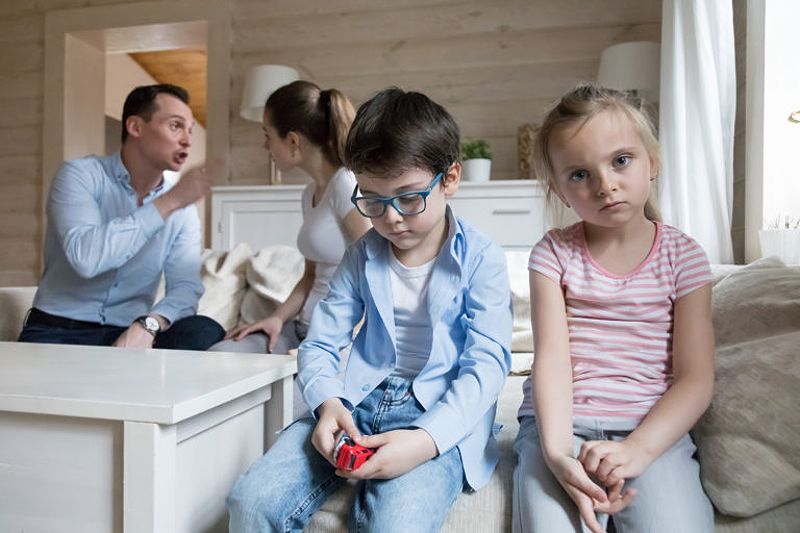
Physical custody determines where the child resides. Like legal custody, it can also be joint or sole:
Joint Physical Custody: The child divides time between both parents’ homes, often leading to logistical challenges and a potential sense of instability for the child, as they navigate multiple living environments.
1. https://law.tik.black/jim-adler-law-firm/
2. https://law.tik.black/car-crash-law-firms/
3. https://law.tik.black/best-workers-comp-attorney/
Sole Physical Custody: The child primarily resides with one parent, while the other parent has visitation rights. This arrangement can provide stability but may also create emotional challenges for the child, especially if the visitation schedule is inconsistent.
Visitation rights are a crucial aspect of custody arrangements and can be adjusted based on the child’s needs and circumstances.
Relocation Considerations
Considering a move? Not so fast! If you share custody and wish to relocate with your child, California law requires you to file a relocation petition. The court will examine how far you want to move, your reasons for moving, and the potential impact on the child’s relationship with both parents. Relocation requires a court petition demonstrating compelling reasons and considering the potential impact on the child’s relationship with the other parent.
The “best interests of the child” standard still applies in relocation cases. The court will also evaluate the potential disruption to the child’s relationship with the non-relocating parent. Filing a relocation petition necessitates providing notice to the other parent and demonstrating good cause for the move, which highlights the importance of strategic planning and legal guidance during this process.
Mandatory Mediation in California
California mandates mediation in child custody cases before they can proceed to litigation. Think of mediation as a legal peace summit where parents attempt to resolve their disputes without becoming courtroom gladiators. A neutral mediator steps in to facilitate discussions, helping parents explore potential agreements.
During mediation, both parents present their views, and the mediator works to find common ground. If successful, it’s a win-win; if not, it’s back to the drawing board (or court).
Preparing for Mediation
Preparation is key to successful mediation. Gather your documents, articulate your goals, and keep the child’s perspective in mind. Effective communication is vital; being open to compromise can lead to a more favorable outcome.
When Mediation Fails
If mediation doesn’t lead to an agreement, brace yourself for the courtroom drama. The case transitions to litigation, where a judge decides the custody arrangement based on the evidence presented. It’s the legal equivalent of flipping a coin, but with much more at stake.
Finding the Right Child Custody Attorney in Los Angeles
Key Qualities of a Good Custody Attorney
Choosing the best custody attorney is akin to finding the right partner in a dance competition. Look for someone who:
- Has Experience in Family Law: You want an attorney who knows the ins and outs of California family law, particularly custody cases.
- Possesses Strong Communication Skills: Your attorney should articulate your case effectively, translating your emotions into compelling legal arguments.
- Has a Proven Track Record: Research past case outcomes and testimonials from former clients to gauge their success rate. A solid reputation can make all the difference.
Searching for the Best Custody Attorney Near Santa Monica, CA
Online Resources
Utilize online platforms and legal directories to search for attorneys specializing in family law. These resources can provide valuable information about an attorney’s qualifications and areas of expertise.
Referrals
Consider referrals from friends, family, or colleagues who have navigated similar situations. Personal recommendations can lead to finding a trustworthy attorney who meets your needs.
Geographical Considerations
When searching for the best custody attorney near Santa Monica, CA, consider the attorney’s familiarity with local court systems, which can significantly impact your case’s outcome.
Free Consultations and Affordability
Worried about costs? Many family law attorneys offer free consultations. This initial meeting can provide insight into the attorney’s approach and expertise. Additionally, if you’re looking for free child custody lawyers in Los Angeles, there are legal aid services available for those who qualify.
Aggressive Representation vs. Collaborative Approach
The strategy your attorney employs can significantly impact your case. Some parents may benefit from an aggressive family law attorney in Los Angeles, especially if the other parent is uncooperative or if there are serious allegations involved. However, while aggressive representation might be necessary in high-conflict cases, it can also escalate tensions and be detrimental to the child’s well-being.
1. https://law.tik.black/best-workers-comp-attorney/
2. https://law.tik.black/best-family-law-attorney/
3. https://law.tik.black/vehicle-accident-law-firm/
Conversely, a collaborative approach may be more beneficial in amicable situations, focusing on mutual agreement rather than contention. The increasing popularity of collaborative law reflects a shift towards resolving disputes without resorting to adversarial tactics, promoting healthier co-parenting relationships.
Checking Attorney Reviews and Testimonials
Don’t underestimate the power of reviews. Before signing on the dotted line, check out what previous clients have to say. It’s like reading Yelp reviews before trying a new restaurant—sometimes, you need a little insider info to make the right choice.
Current Trends in Child Custody Cases
Technology in Custody Cases

The increasing use of technology in custody cases, such as virtual visitation and electronic communication for co-parenting, is reshaping how parents interact post-divorce. This trend offers benefits, including greater flexibility and the ability to maintain close relationships despite geographical distances. However, it also presents challenges, such as ensuring that both parents adhere to agreed-upon communication protocols and addressing potential disputes arising from misunderstandings.
Developing an Effective Parenting Plan
Key Elements of a Parenting Plan
Creating a comprehensive parenting plan is essential for ensuring the child’s needs are met and reducing conflict between parents. Key elements to include are:
- Legal and Physical Custody Arrangements: Clearly outline where the child will live and who will make significant decisions.
- Visitation Schedules: Specify the time each parent will spend with the child, including holidays and special occasions.
- Dispute Resolution Mechanisms: Establish a process for resolving disagreements that may arise regarding the parenting plan.
Customizing Your Plan
Every family is unique, and a parenting plan should reflect the specific needs of your children and your circumstances. Consider the children’s ages, personalities, and your parenting styles when designing a plan that works for everyone involved.
Modifying a Parenting Plan
Life is unpredictable, and your parenting plan may need adjustments. If modifications are necessary due to changes in employment, relocation, or shifts in the children’s needs, consult with your attorney to ensure any changes are legally recognized and in the child’s best interests.
Protecting Your Parental Rights During a Custody Dispute
Common Pitfalls to Avoid
Many parents unknowingly jeopardize their custody rights by making common mistakes, such as:
- Negative Communication: Avoid speaking ill of the other parent in front of the child. It’s like poisoning your own well—don’t do it.
- Failing to Document: Keep records of interactions, schedules, and any relevant incidents that could impact custody. Think of it as your legal diary—every entry counts.
- Neglecting Early Legal Advice: Seeking legal counsel early can prevent costly missteps down the line. Ignoring the warning signs is never a good idea.
Asserting Your Rights
To effectively assert your parental rights, you need evidence and a strong presentation. Gather documentation that supports your case and be prepared to respond to any accusations made by the other parent. A skilled attorney can help you navigate this process and advocate on your behalf.
Addressing Domestic Violence Allegations
Domestic violence is a serious issue that can significantly impact custody decisions. If allegations arise, address them promptly and seek legal counsel. The court will prioritize the safety and welfare of the child when making custody determinations, and having legal support can ensure that your rights are protected throughout the process.
Conclusion
Navigating child custody issues in Los Angeles is a complex and emotional journey. By understanding California’s child custody laws, the mediation process, and the qualities to look for in the best custody attorney, you can take steps to protect your rights and your children’s best interests. Whether you’re seeking free child custody lawyers in Los Angeles or looking for an aggressive family law attorney, knowing what to look for will help you find the legal representation you need. Contact a qualified family law attorney today to begin the process of safeguarding your family’s future.

